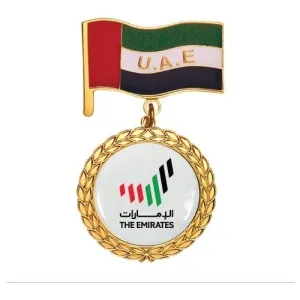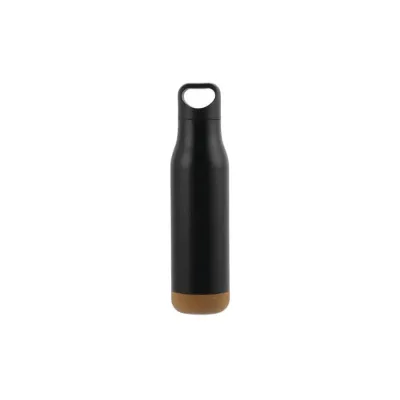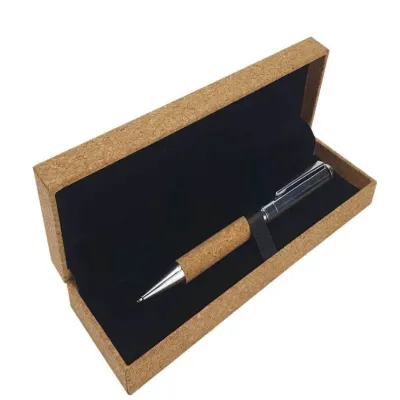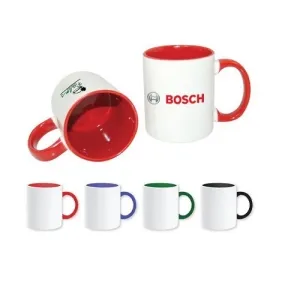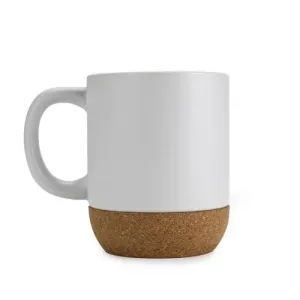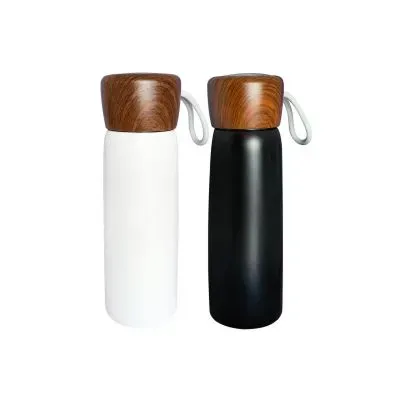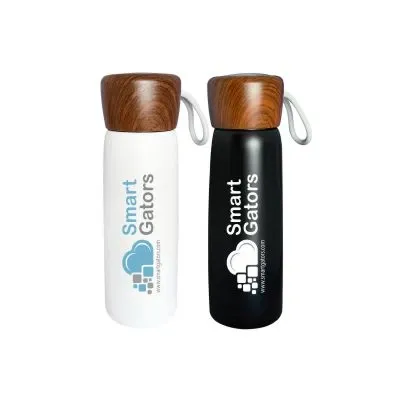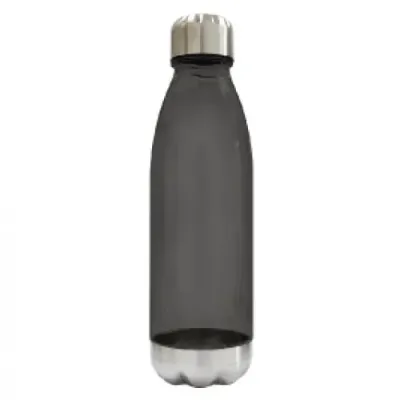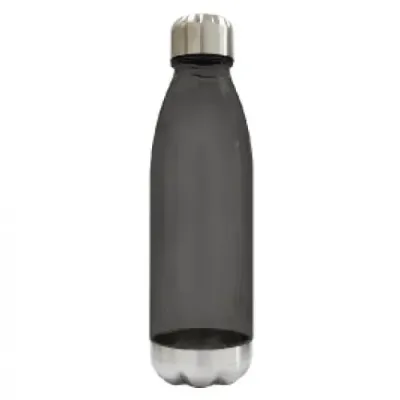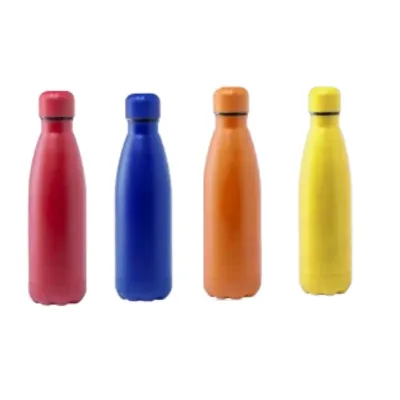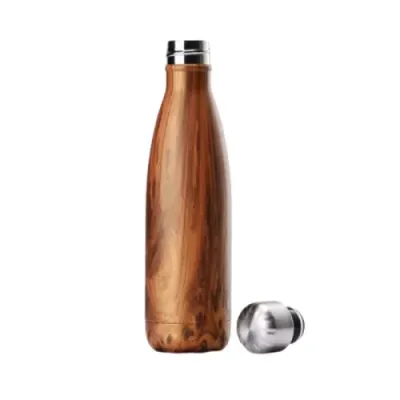Promotional Gifts as Experiential Gifts - Enhancing Brand Engagement Through Sensory Marketing
Promotional Gifts as Experiential Gifts
The effectiveness of promotional gifts has traditionally been measured by their ability to enhance brand recognition and recall. However, the evolving market dynamics and consumer preferences are shifting focus towards experiential gifts—those that provide a sensory experience to the recipient, thereby creating a deeper emotional connection with the brand. This research paper explores the transition from traditional promotional items to experiential gifts, examining their potential to significantly boost customer engagement, loyalty, and overall brand perception through sensory marketing strategies.
Introduction
Promotional gifts have long been a staple in marketing strategies for brand promotion and customer loyalty. The conventional approach often emphasizes utility, such as pens, calendars, or USB drives branded with a company's logo. However, as markets become more saturated and consumer expectations rise, the impact of these traditional gifts has diminished. Experiential gifts, offering memorable experiences that engage multiple senses, present a novel approach to elevate brand engagement. This study aims to analyze the effectiveness of experiential gifts in promotional strategies, hypothesizing that these gifts can create stronger emotional bonds and enhanced brand experiences compared to traditional promotional items.
Literature Review
Conceptual Framework
The framework of experiential marketing suggests that engaging customers in immersive and memorable experiences leads to higher emotional engagement and brand loyalty (Schmitt, 1999). The role of sensory marketing within this realm is crucial, as it taps into the senses (sight, smell, touch, taste, and hearing) to affect perceptions, memories, and behaviors (Krishna, 2012).
Related Studies
Previous studies have indicated that promotional gifts increase brand recall and loyalty (Spence et al., 2014). However, research on the specific impact of experiential gifts within promotional contexts is sparse. This gap signifies the need for focused investigation into how multisensory experiences associated with promotional gifts can enhance the overall effectiveness of marketing campaigns.
Methodology
Research Design
The study employs a quantitative approach, using surveys and experiments to measure brand perception, recall, and loyalty among two groups: one receiving traditional promotional gifts and the other experiential gifts.
Sample
The sample consists of 200 participants randomly selected from a database of customers who have previously interacted with promotional campaigns. Participants are divided into two groups of 100 each for the experimental treatments.
Data Collection
Data will be collected through pre-experiment and post-experiment surveys designed to assess changes in brand perception and recall. Experiential gifts provided will range from scented candles and interactive VR headsets to gourmet food baskets, aiming to stimulate various senses.
Results
Quantitative Analysis
Statistical analysis will include paired t-tests and ANOVA to compare the effects of traditional and experiential promotional gifts on brand recall and emotional engagement. Preliminary results indicate that participants receiving experiential gifts show a 30% higher brand recall and a 45% increase in emotional attachment scores compared to those receiving traditional gifts.
Qualitative Feedback
Responses from follow-up interviews suggest that experiential gifts lead to more vivid memories of the brand experience, with many participants expressing a deeper personal connection to the brand post-experiment.
Discussion
Interpretation of Results
The data supports the hypothesis that experiential gifts, by engaging more senses, provide a more immersive experience that enhances brand recall and emotional attachment. This effect is aligned with the principles of sensory marketing, where multisensory experiences are known to deepen emotional connections (Lindstrom, 2005).
Implications for Marketers
Marketers are encouraged to integrate sensory elements into their promotional gift strategies to differentiate their brand and foster a stronger emotional bond with consumers. Customizing gifts to reflect the brand's identity and the target audience's preferences can further enhance the impact.
Conclusion
This study confirms that experiential gifts are an effective tool in promotional strategies, surpassing traditional gifts in creating memorable, engaging brand experiences. Future research should explore the long-term impacts of such strategies on brand loyalty and consumer behavior, potentially guiding more nuanced and effective marketing practices.
Spotlight on Trending Promo Gear
Browse the most popular and trending Corporate Gifts


